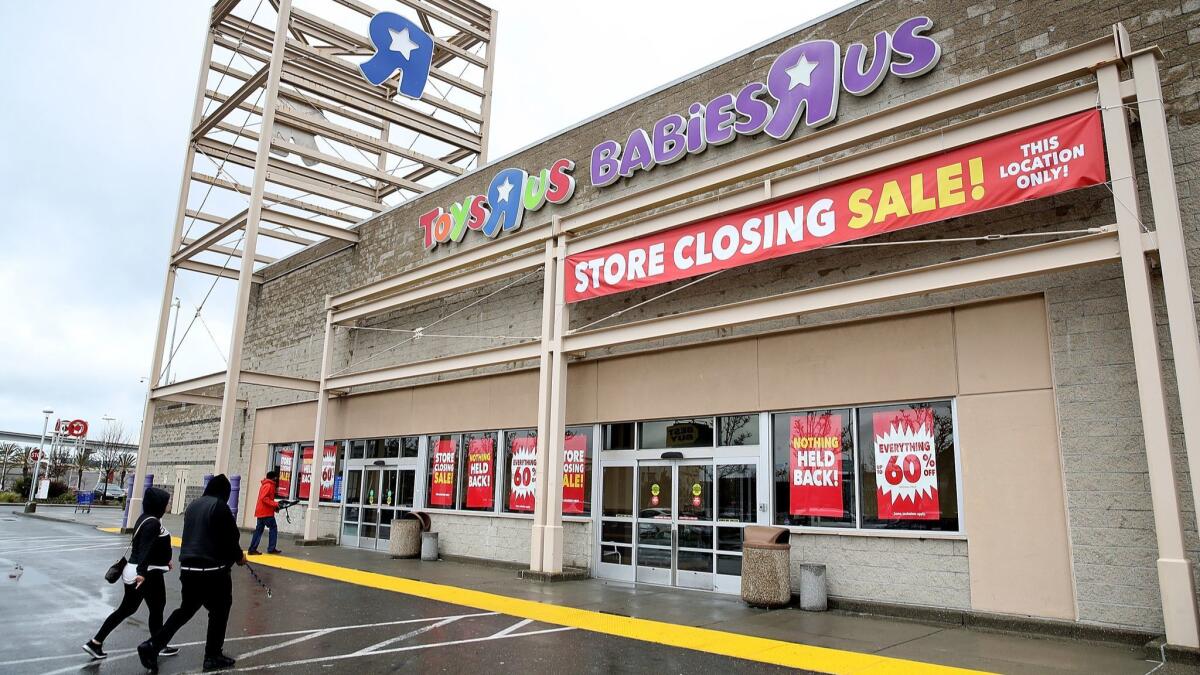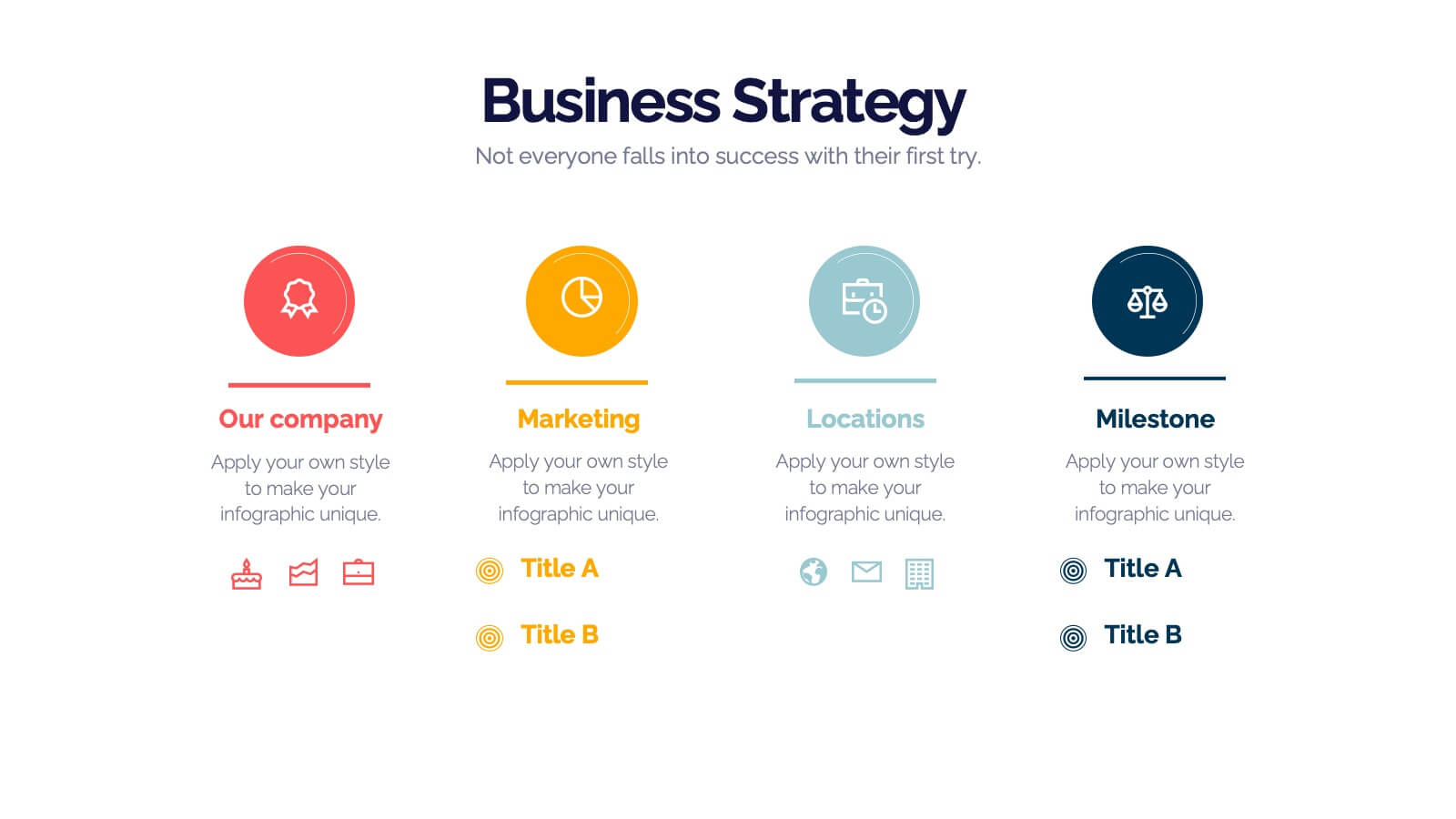In a dramatic turn of events, the once-dominant mall brand, Express, finds itself grappling with the complexities of Chapter 11 bankruptcy. Known for its trendy apparel and strong presence in shopping malls across America, Express entered bankruptcy with a strategic plan aimed at restructuring and survival.
This plan, however, now faces a significant challenge with a new liquidation offer on the table, threatening to derail the company’s efforts to rejuvenate its business.

The Significance of Chapter 11 for Express
Chapter 11 bankruptcy, often seen as a last resort for struggling businesses, carries inherent risks that can jeopardize a company’s future. “Chapter 11 bankruptcy comes with significant risk for the survival of the company,” stated Daniel Kline, shedding light on the precarious nature of this legal process.
Once a company files under Chapter 11, its fate often hinges on the decisions of vendors, creditors, and even employees. In retail, where vendor relationships are crucial, the shift from cooperation to confrontation can spell disaster, as seen in previous cases like Bed Bath & Beyond and Tuesday Morning.

Express’s situation is particularly precarious as it not only seeks to reorganize but also to sell itself to a consortium led by WHP Global, which includes major landlords such as Simon Property Group and Brookfield Properties. These partnerships are vital as they play a dual role in both the financial backbone and operational continuity of the brand in prominent malls.
Financial Moves and Strategic Decisions
As part of its bankruptcy strategy, Express secured $35 million in new financing from existing lenders, subject to court approval. Additionally, the retailer benefited from a substantial cash influx of $49 million from the Internal Revenue Service related to the CARES Act, a critical lifeline in these turbulent times.
“We continue to make meaningful progress refining our product assortments, driving demand, connecting with customers, and strengthening our operations,” expressed CEO Stewart Glendinning during the filing announcement. This statement highlights the company’s proactive efforts to maintain relevance and operational stability amidst financial turmoil.
The Controversy and the Competing Liquidation Bid
However, not all stakeholders agree with the proposed path forward. Express creditors have raised concerns over a potential 3% breakup fee linked to the sale process, which could deter other potential bidders from making offers to acquire the chain or its assets.
This development came to light in a recent Bloomberg Law report, emphasizing the delicate balance of interests that must be managed during bankruptcy proceedings.

Adding to the complexity, a new liquidation bid from Hilco Merchant Resources LLC and Gordon Brothers Retail Partners LLC has introduced an alternative outcome for Express.
This bid, valued at approximately $261 million, stands as a stark contrast to the restructuring plan, with no demands for a breakup fee or expense reimbursement, making it an attractive option for some stakeholders.
Uncertain Future for Express
As Express navigates through these challenging times, the outcome remains uncertain. The company’s ability to emerge from bankruptcy will depend significantly on the maneuvers in the coming weeks, particularly how it handles the objections and manages the competing interests of its stakeholders.
The retail landscape watches closely as Express attempts to redefine its future, either by successfully executing its restructuring plan or succumbing to liquidation. The decision will not only affect the company but also the employees, creditors, and consumers who have long been associated with the brand.
In this unfolding drama of bankruptcy and bids, the retail world is reminded once again of the precarious nature of business survival in an ever-evolving market landscape.









